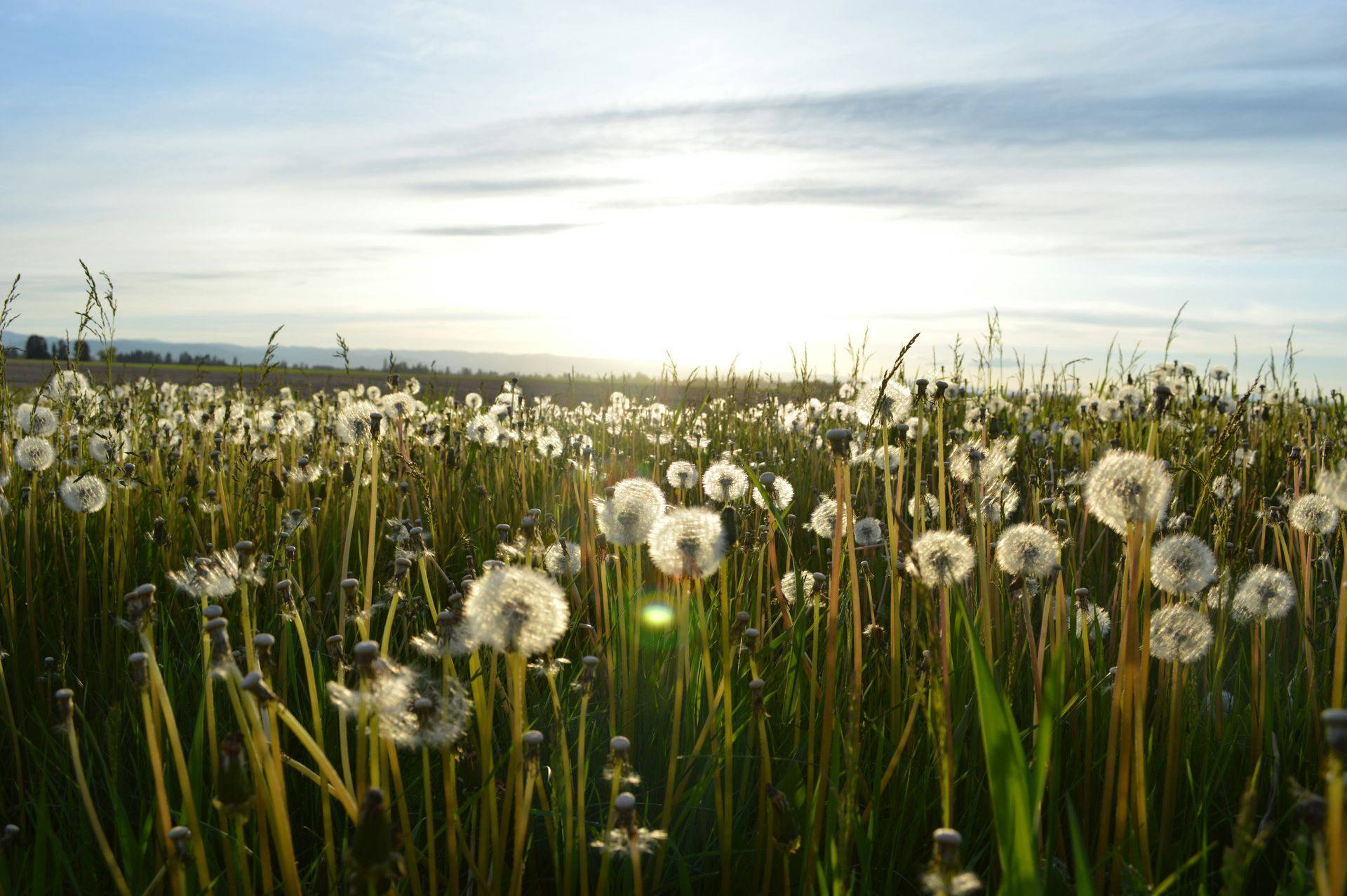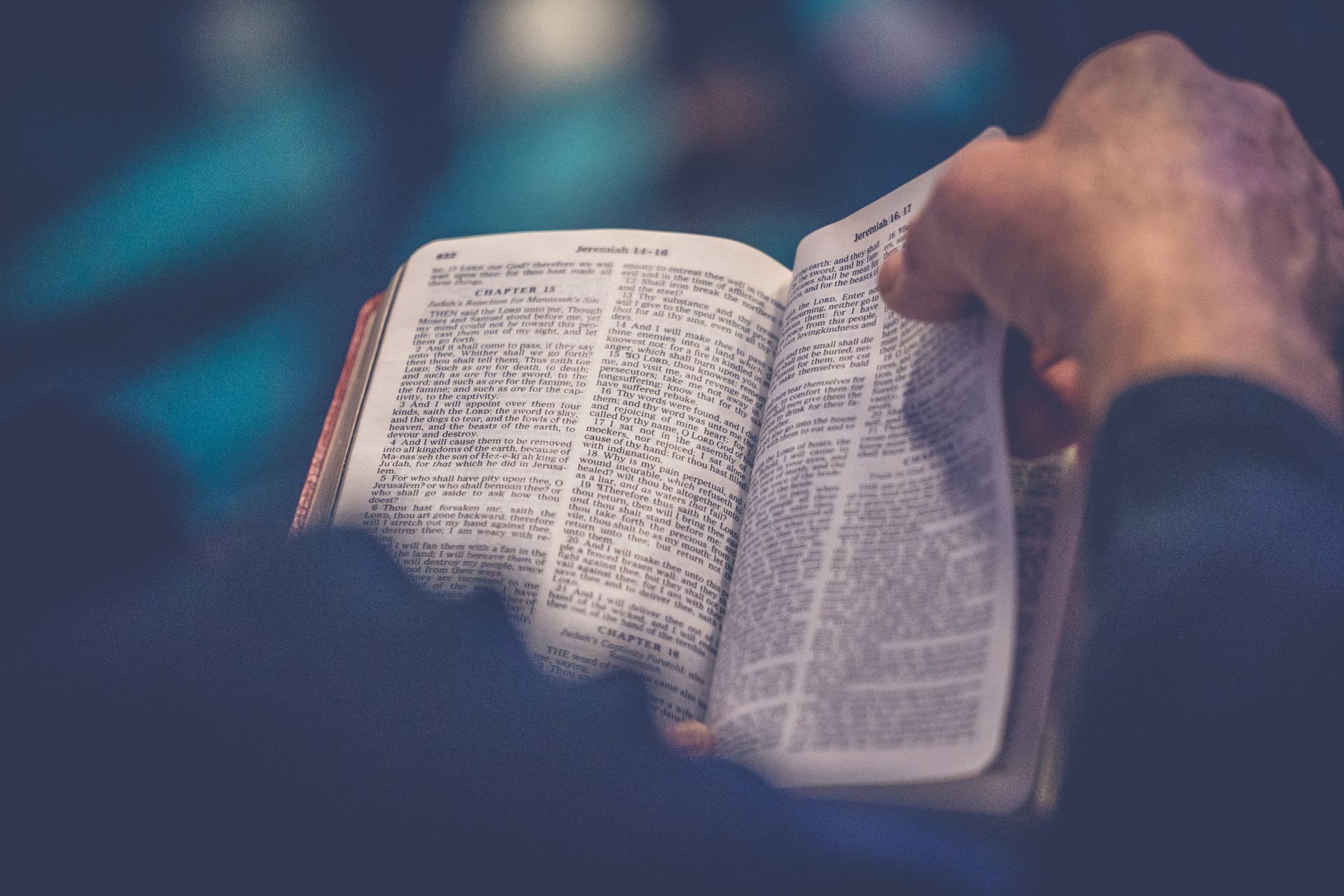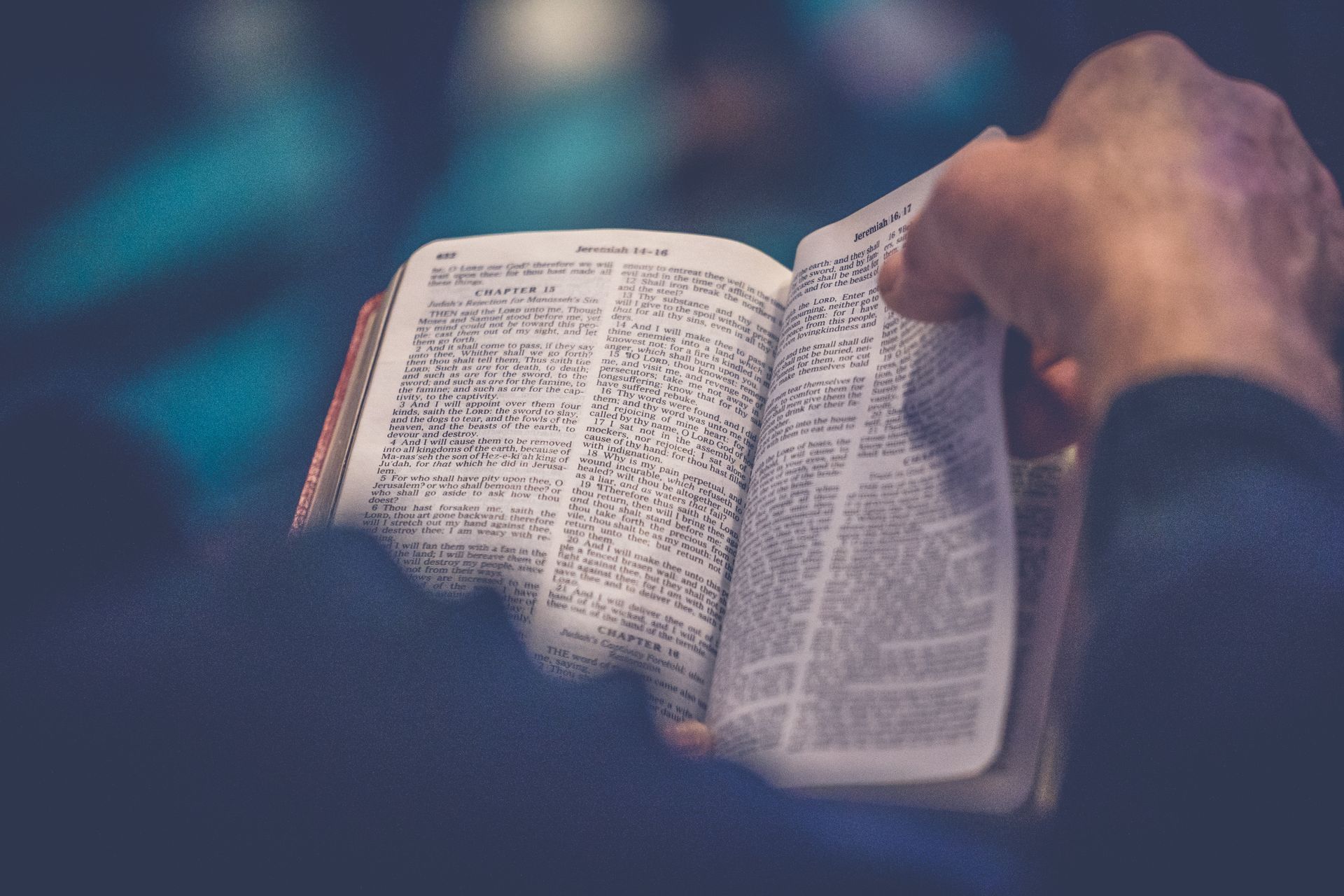Friday - March 17, 2023
SCRIPTURE
Romans 14:20-21
Do not destroy the work of God for the sake of food. All food is clean, but it is wrong for a person to eat anything that causes someone else to stumble. It is better not to eat meat or drink wine or to do anything else that will cause your brother or sister to fall.
WORDS OF HOPE
In Chapter 14 of Paul’s letter to the church at Rome, the beloved Apostle talks a lot about eating. His subject is the conflict between Christians who cling to the dietary laws of their parent faith and those who do not. The length of Paul’s discussion indicates that this was a major issue in a city that was renowned for its affinity for banquets. During Lent, the discussions about what to eat or swear not to eat continues, among those of us who have chosen to give up certain foods for the Season.
I follow the tradition of taking on a personal project or more during the Lenten Season rather than giving up some unwise eating habit. If it is harmful to my health, it should be removed permanently from my life, not just for 40 days in the spring. My projects always are designed to benefit others, not because I’m that altruistic. I’m just lousy at following through on any change of my diet.
Our medieval spiritual ancestors were faced with the same dilemma in an era when giving up rich foods during Lent was not an option, especially among the aristocracy which was both religiously and politically tied to the rules of the Church. Their favorite dance step in those days, however, was the side-step. A few amendments were in order. Their revisionist additions to the fasting rules included:
• It was okay to eat a beaver’s tail, but not the whole beaver, since the beaver was thought to be a composite animal like a Gryphon, half mammal and half fish; the tail being the fish part.
• Foul could not be eaten as meals, except for water foul since they existed solely on a diet of fish and that made them sort of like a fish themselves; chickens and turkeys- No, puffins and seagulls- Yes.
• Sweet meats (Sugar coated dried fruit and nuts) were allowed since they were between- meal snacks and not actual meals.
• Eggs were classified as rich foods, but since hens did not observe Lent and continued laying, they couldn’t just let the eggs spoil, could they? So, eggs were also on the Okay List.
• Of course, Sundays during Lent were considered feast days during which everyone could take time out from fasting and fill their plates, a tradition that caught on and is still very popular today.
Those are just a few highlights of a list that fills several pages. I’m not creative enough to compete with those medieval rule-stretching skills, so I’ll stick with my “taking -on” tradition. It’s easier on the conscience.
PRAYER
We thank you at every meal for that which we are about to receive. May we be equally thankful for that which we are able to give. Amen
DEVOTION AUTHOR
Dan Peeler
Order of St. Francis and St. Clare
Need Some Inspiration? Read our Daily Devotions






